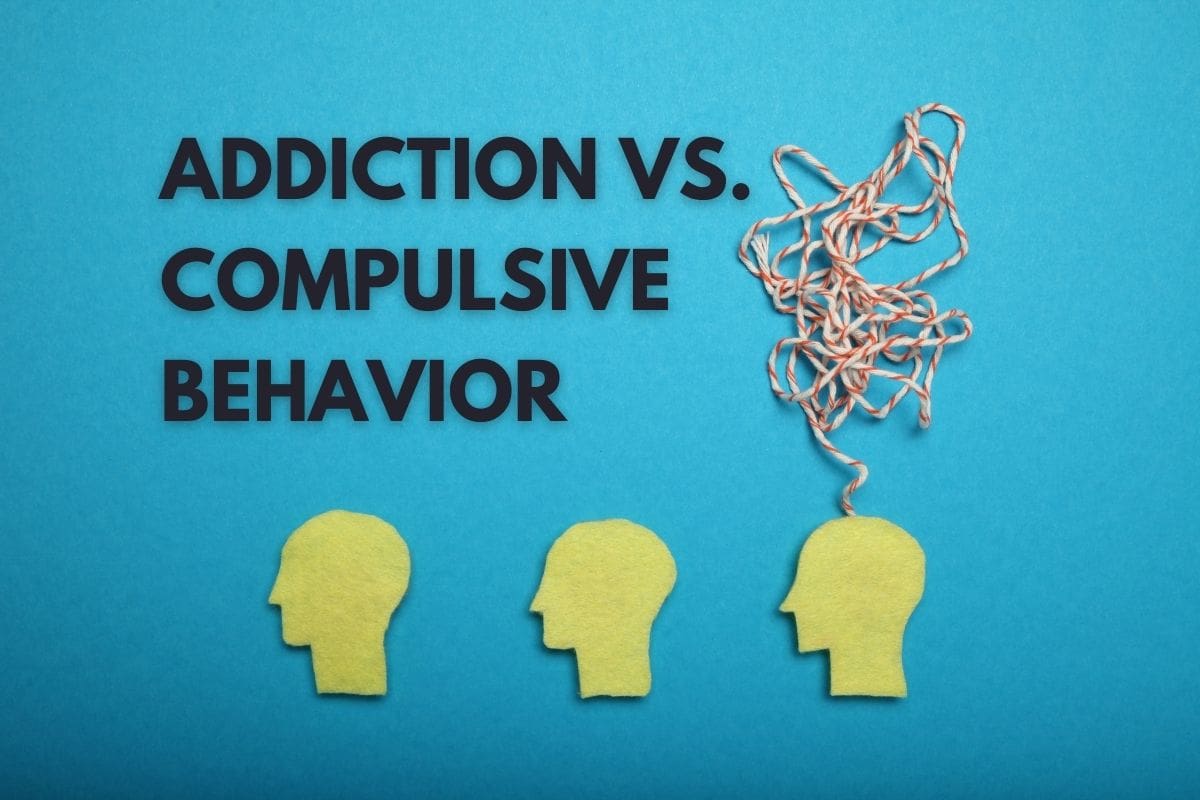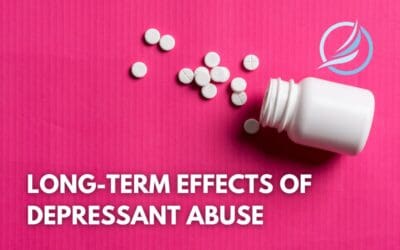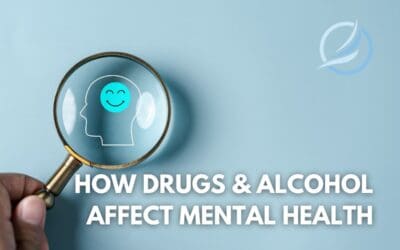Drug addiction is a chronic disease and mental illness一and scarily powerful ones at that. Addiction can cause us to continuously make choices that go against all instincts for self-preservation such as forgoing our need for shelter (and have us abandon the necessary means for acquiring it, i.e. a job) and even overriding our most basic physiological needs of food, water, and sleep. In many cases, those struggling with a substance addiction know they’re addicted and actively want to stop using but invariably find themselves helpless to do so.
This inability to stop is the textbook definition of substance use disorder. It’s also why the terms ‘addiction’ and ‘compulsion’ are often used interchangeably. Although both are highly similar in that they result in behaviors that are difficult to discontinue, technically, this is incorrect. Addiction and compulsions are two distinct types of disorders with different biological and psychological components.
Addiction vs. Compulsive Behaviors (a.k.a. Compulsion)
The most concrete differences between an addiction and a compulsion are 1) their cause and 2) the feelings those behaviors elicit.
What They Are
Addiction is characterized by a dependency on a certain substance. In these instances, drug use has resulted in abnormalities in the brain’s functioning, causing it to become reliant on a particular substance. A compulsion describes an intense urge to do something, which could be a drug or something like gambling or watching pornography. The overlap between the two is the feeling of being seemingly helpless in controlling those urges. Whereas addiction can also bear physiological consequences, compulsions fall solely under the realm of mental illness (it is technically an anxiety disorder) even though the behaviors themselves might result in bodily harm.
The other major distinction between the two disorders is essentially the feelings those behaviors result in. In drug addiction, the user continues to engage in detrimental behavior to seek a feeling of pleasure. For a person with compulsive behaviors, however, there is no rational reason behind the behavior. It is ultimately done in avoidance of mental distress or fear, and engaging in the compulsions simply offers a sense of (temporary) relief.
How They’re Treated
Both addiction and compulsive behavior can be majorly disruptive to everyday life. The positive news, however, is that both conditions are treatable and manageable. A combination of professional healthcare and medications can help to correct neurochemical imbalances that result in these behaviors or at least, mitigate the effects.
Psychotherapy is also a key component in the treatment of either disorder. Both rely on cognitive-behavioral therapy (CBT) to alter the patient’s thought and behavior patterns and teach them how to better manage their impulses. Similarly, addiction and compulsive disorders both have specialty facilities designed to treat these specific illnesses.
Why It Matters
To the person affected by addiction or their loved ones, the labeling of habitual drug use may bear little significance. However, distinguishing the differences between the two is important when it comes to treatment. Namely, because it’s possible that a person could suffer from both addiction and compulsions and the simultaneous presence of substance use disorder and a mental illness begets an entirely different type of addiction treatment: dual diagnosis.
Dual diagnosis is a specialized type of treatment created to address the simultaneous presence of a mental illness and addiction. Both conditions are often the result of some kind of neurological imbalance and when combined, the effects of one condition can often influence一and worsen一the other. Trying to address one disorder without the other isn’t just ineffective, but can be otherwise impossible. Medical professionals have come to realize that the key to proper treatment requires an understanding of how these conditions affect one another and address them both simultaneously.
No matter the technical name behind it, a drug habit is a dangerous and debilitating thing. Contact a professional addiction treatment center today if you suspect that you or a loved one’s recreational drug use has become compulsive. Our experts can help you identify if the patterns of your drug use are a cause for concern.

































